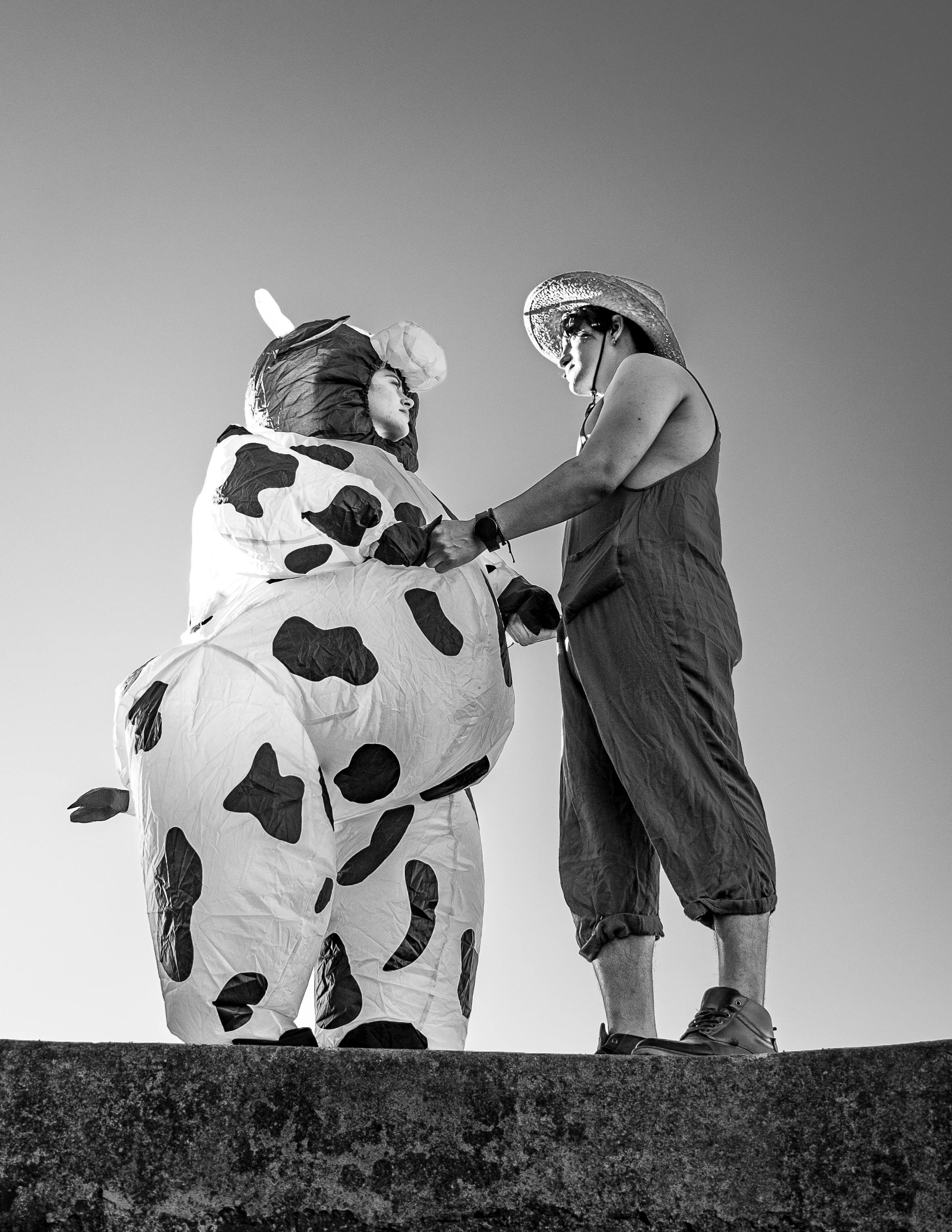Apply Now
Exploring the Shocking Death of Homelander in The Boys
The comic book series "The Boys," penned by Garth Ennis, is renowned for its brutal and satirical portrayal of superhero culture. The character Homelander, an emblem of patriotic power and invincibility, serves as one of its most chilling symbols. As the narrative unfolds, Homelander's character reveals a profound descent into darkness, shedding light on key themes around power and morality. His demise is not merely a plot twist; it’s a statement emphasizing the corruption inherent in a system that celebrates heroes who are often deeply flawed.
In an ultimate showdown that encapsulates the volatile nature of his character, Homelander faces off against his arch-nemesis, Billy Butcher, alongside various pivotal characters. The dramatic arc of Homelander’s death signifies not just the end of a powerful figure but also the broader commentary on the moral complexities of heroism and the consequences of unchecked power. As readers delve into this escalating tension between Homelander and Butcher, they are drawn into a rich narrative woven with themes of betrayal and revenge. His violent end underlines the weight of his actions throughout the series, spotlighting the "blood on his hands" and the psychological ramifications of his choices.
The Complexities of Homelander’s Character
Building on the central themes established, it's essential to dissect the layers of Homelander’s character. Initially painted as the quintessential superhero, it becomes crystal clear through the series that he embodies the archetype of "hero or villain," clouded by moral ambiguity and personal dilemmas. His character arc allows readers to witness not merely a superhero’s rise but a catastrophic downfall driven by his insecurities and fears.
One of the most striking elements of Homelander's personality is his need for control. Throughout the series, he struggles with relationships and societal expectations, all while maintaining an aura of superiority that ultimately isolates him. This complexity draws readers into a deeper psychological analysis of what it means to embody both heroism and villainy, transforming him into a poignant representation of the darker side of power.
Homelander vs Butcher: The Ultimate Showdown
The confrontation between Homelander and Billy Butcher serves as a critical pivot in the narrative, signifying more than mere conflict. This battle highlights the lengths to which individuals will go when driven by revenge and righteousness. Butcher's plan culminates in a tense moment where the viewer must question the moral implications of vengeance. The stakes rise considerably as the emotional weight of their shared histories overlaps, creating a complex web of relationships that complicates the narrative.
As the characters evolve, their interactions symbolize a struggle for supremacy rather than merely physical dominance. Readers witness a clash of philosophies encapsulated in their final interactions; one must analyze the psychological depth of each character's motivations, reflecting broader themes of justice and retribution. The impact of their conflict resonates deeply as it embodies a collision of ideological differences.
Vought International and the Betrayal Narrative
Crucially tied to Homelander's demise is the role of Vought International, the corporation that instilled him with a sense of superiority while manipulating his vulnerabilities. Vought’s influence extends beyond mere corporate ambition; it reflects the toxic elements of power structures and their unchecked consequences. As the series progresses, viewers witness the manipulation of characters, enhancing the portrayal of superheroes as flawed products of systemic abuse.
The revelation of Vought's hidden agendas adds layers to the narrative, culminating in a downfall that resonates with current societal commentaries. The betrayal of trust not only affects Homelander but illustrates how institutions can corrupt individuals, echoing real-world implications of power dynamics. This invites readers to explore deeper ethical questions regarding allegiance and betrayal, exploring how these overarching themes inform the series’ dark humor and societal critiques.
Homelander’s Gruesome End: Blood on His Hands
Amidst the chaos of Homelander’s character and the ensuing conflicts, the climactic moment of his death alongside Black Noir encapsulates the series’ shocking narrative style. In a twist laden with poetic justice, Black Noir, a character molded by jealousy and rivalry, serves as the instrument of Homelander’s downfall. This brutal resolution highlights the intensity of their respective powers, showcasing a stark representation of violence as a narrative device.
Homelander's death raises critical discussions on the darkness within; he is not just a casualty of revenge but a culmination of his disastrous personal choices. As readers reflect on the consequences of heroism gone awry, the symbolic nature of his end presents a narrative closure that forces an examination of the character's moral failures.
The Legacy of Homelander in The Boys
As "The Boys" reaches its conclusion, Homelander's legacy remains steeped in controversy. His demise serves as a cautionary tale about the Hollywood glorification of superheroes, illuminating the intrinsic flaws of these archetypes. The complexities of his character arc resonate long after the final page is turned, leaving readers to question the implications of such portrayals in contemporary media.
The themes explored—power struggles, emotional stakes, and the nature of evil—echo long-standing societal issues. By grounding the narrative in relatable conflicts, Ennis challenges the reader’s perceptions of righteousness and villainy, inviting a nuanced understanding of moral ambiguity. Homelander's journey is a mirror reflecting the darkest corners of heroism, ensuring this anti-hero transformation remains a significant element of comic book discussions for years to come.

 Its part of generated content. Can i generate another part?
Its part of generated content. Can i generate another part?

 Its part of generated content. Can i generate another part?
Its part of generated content. Can i generate another part? 